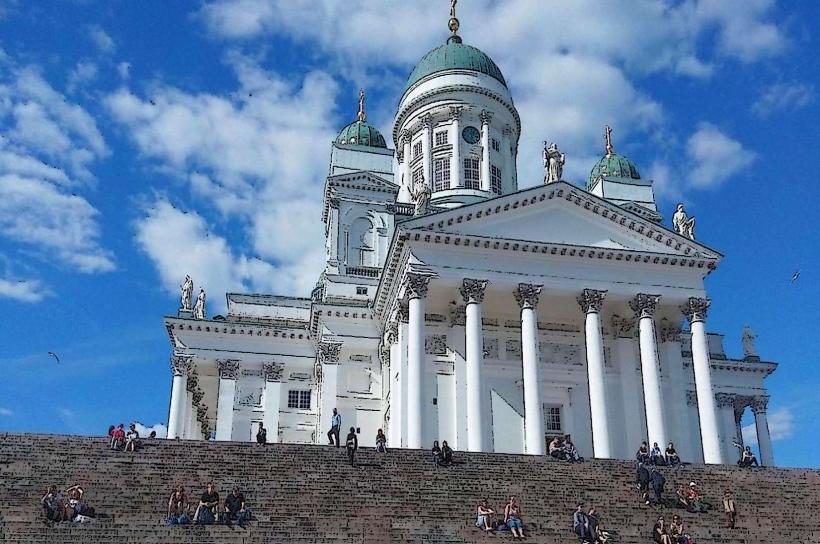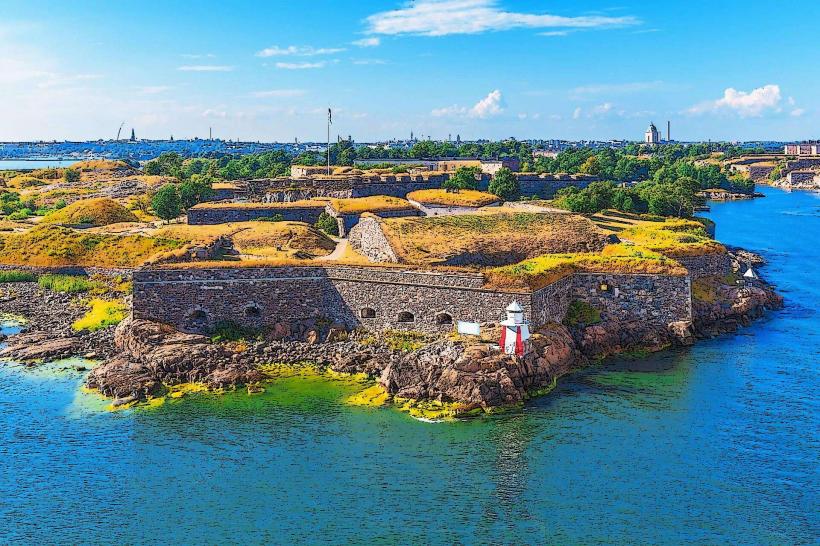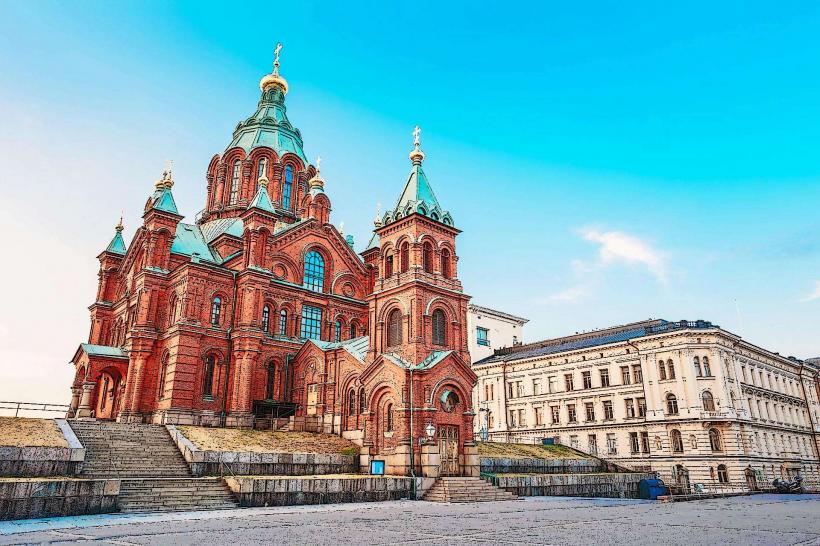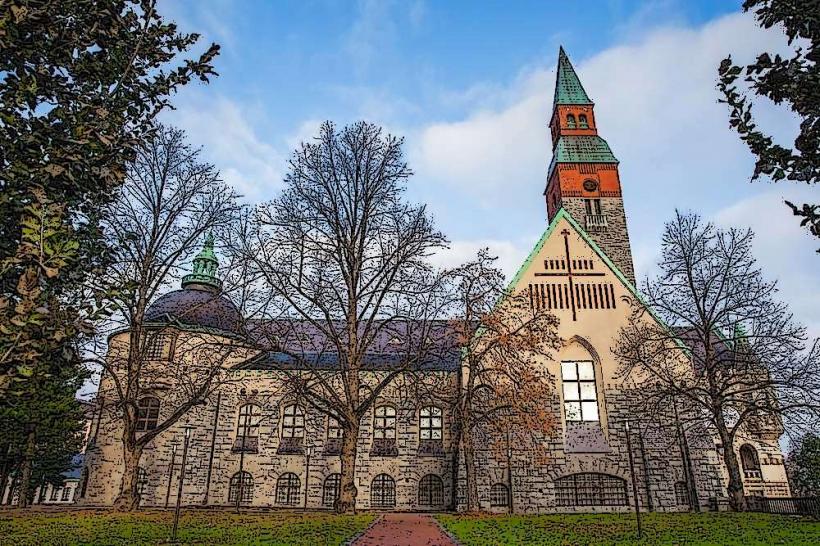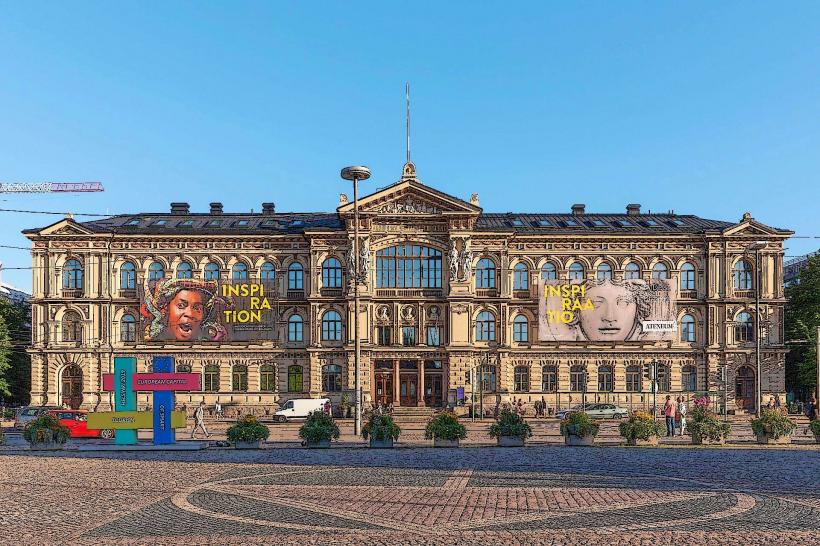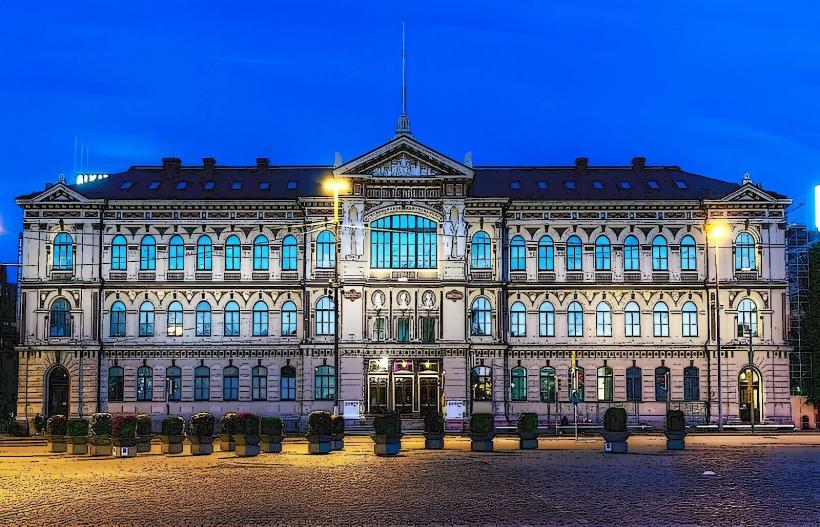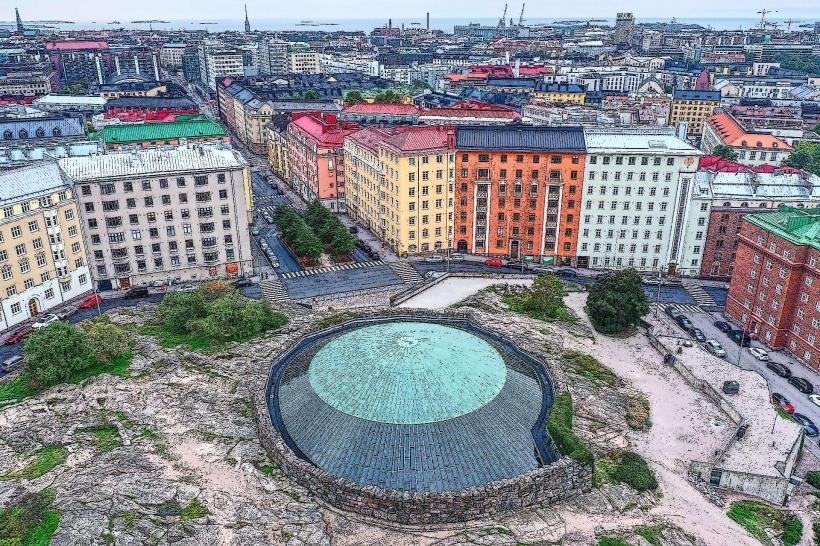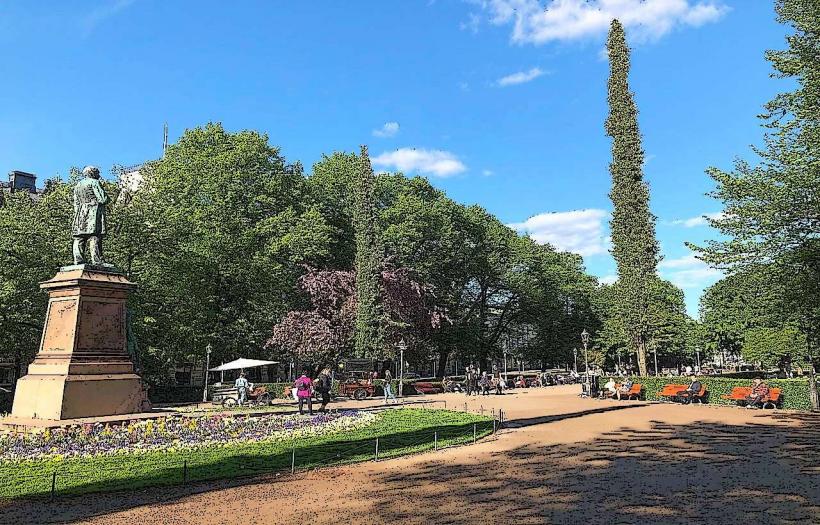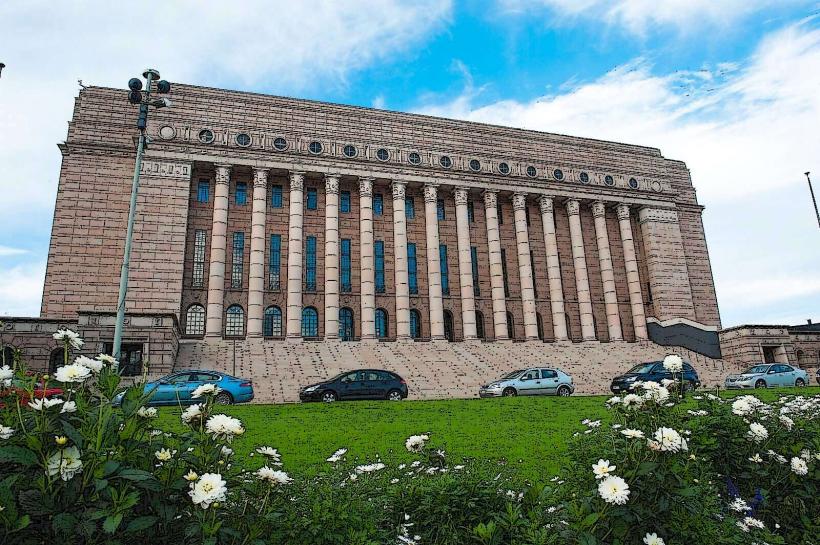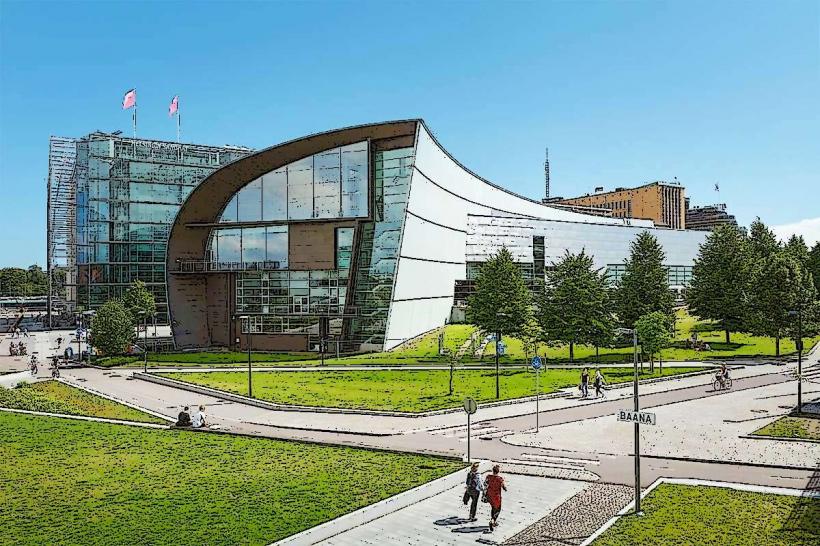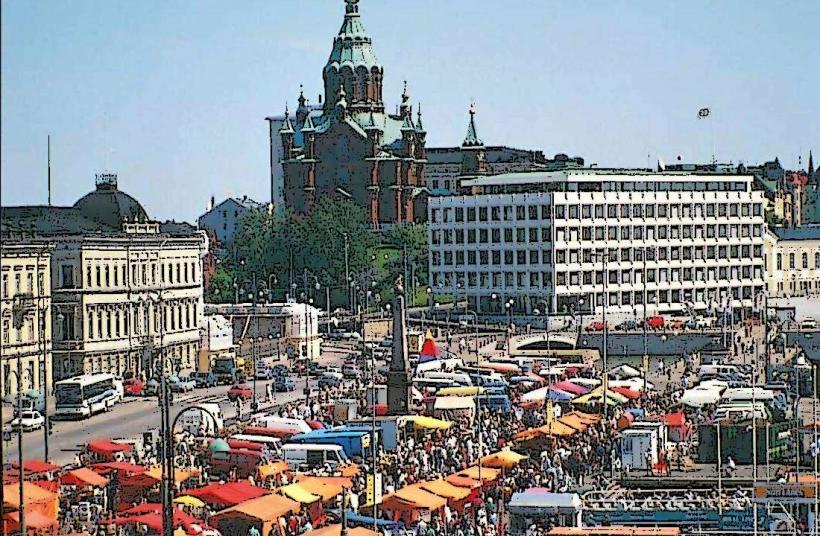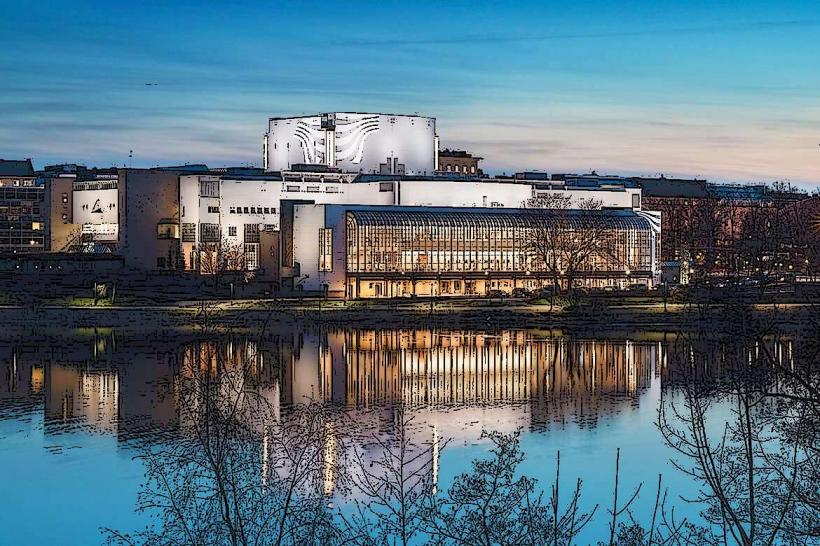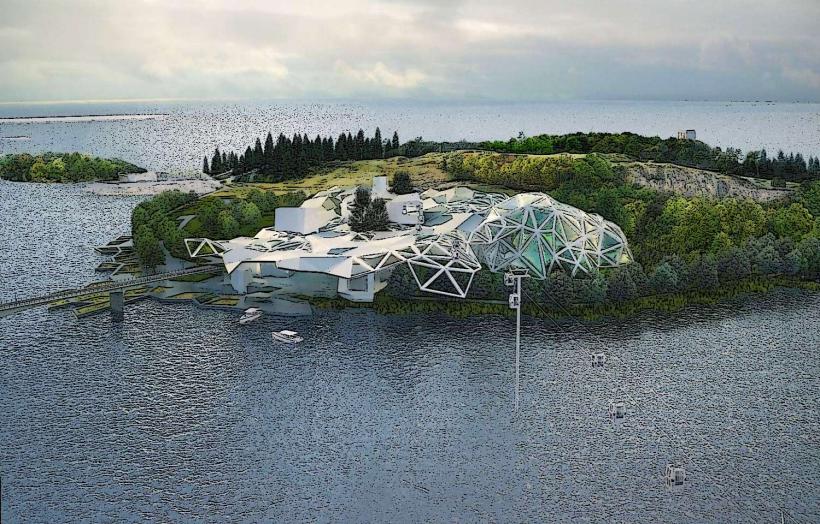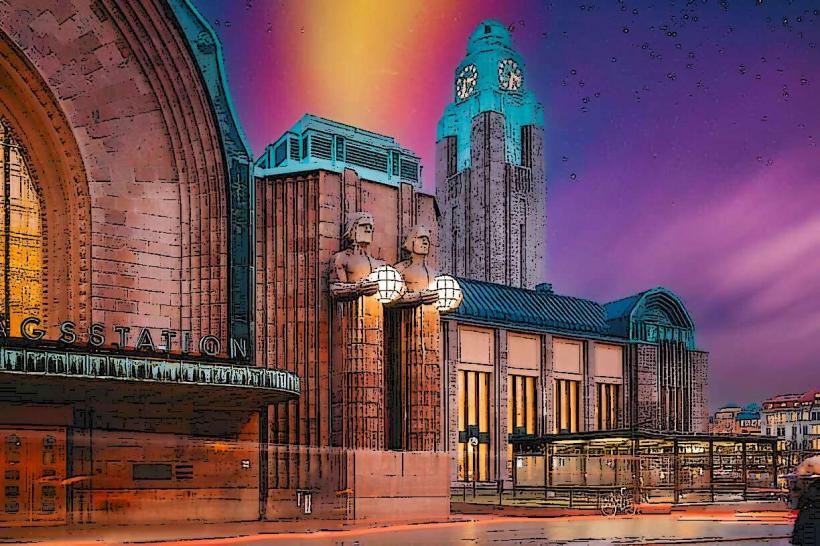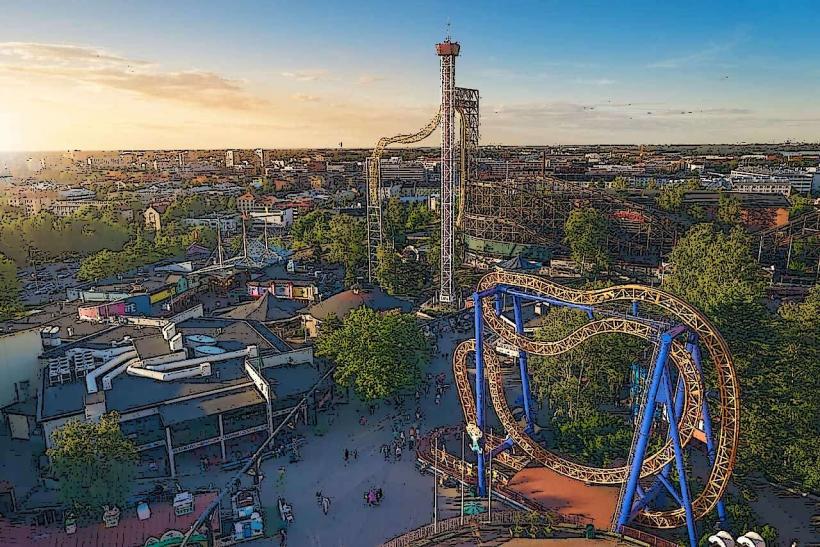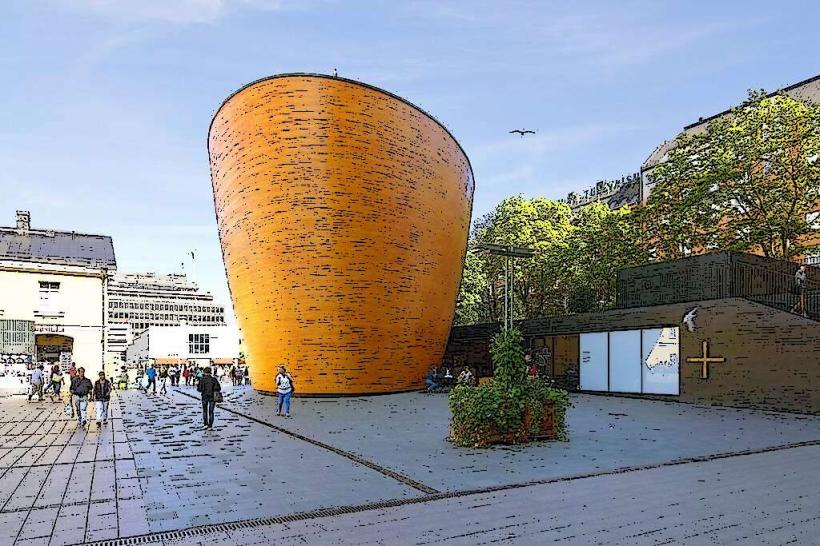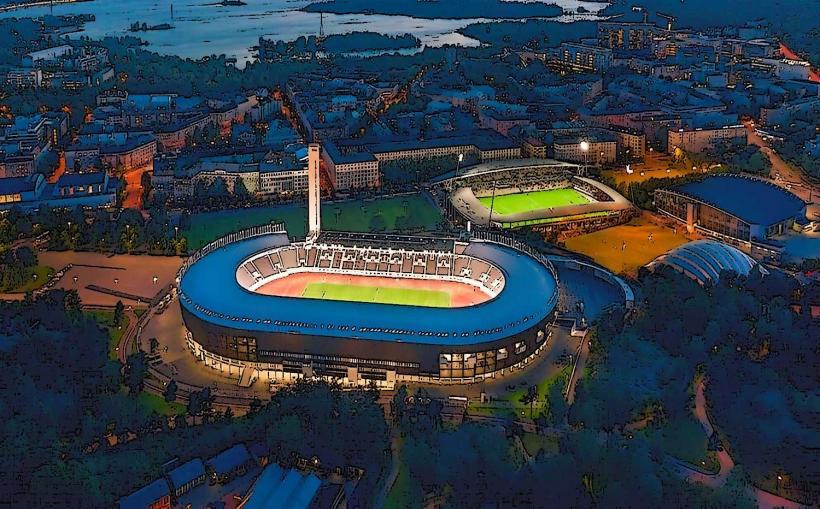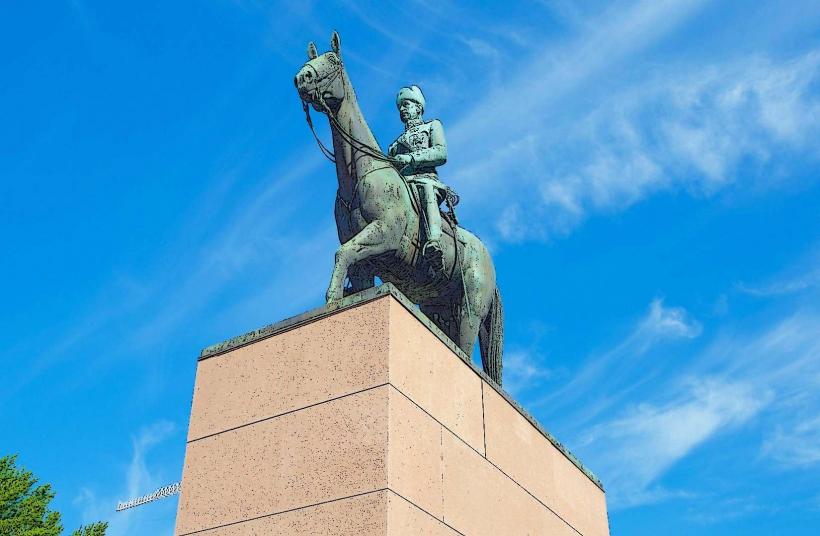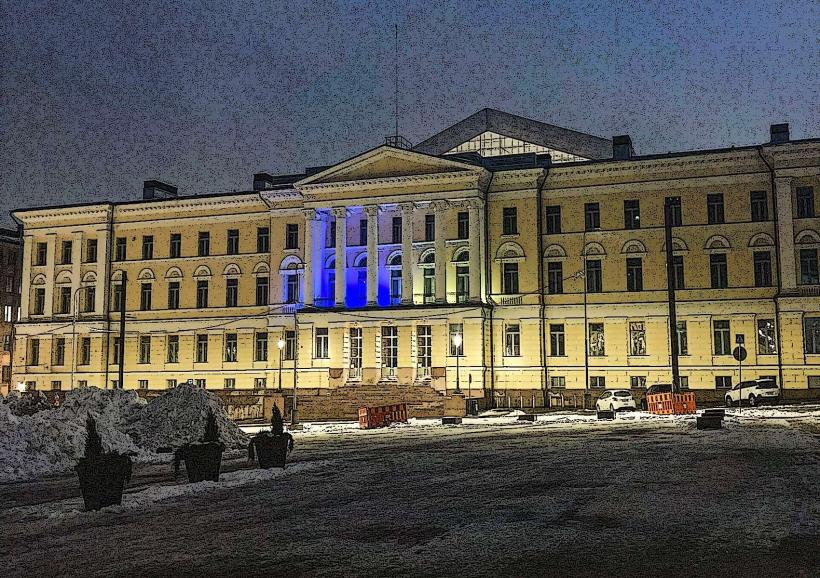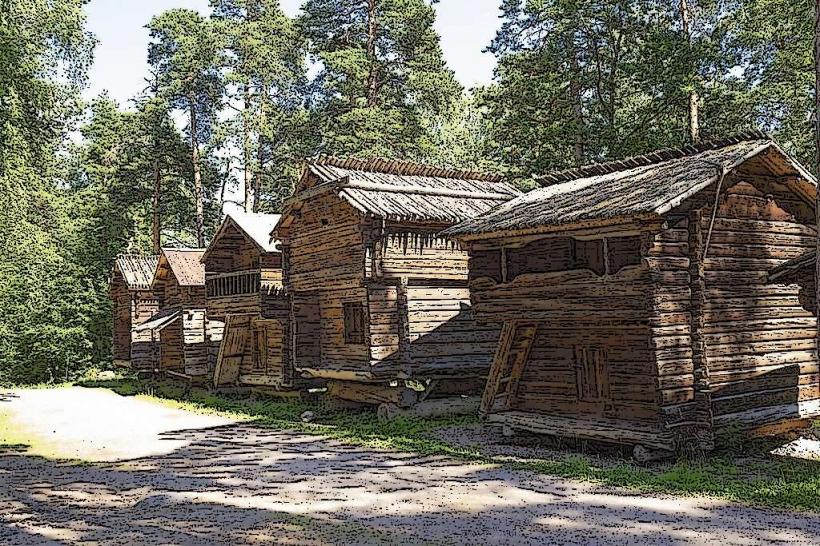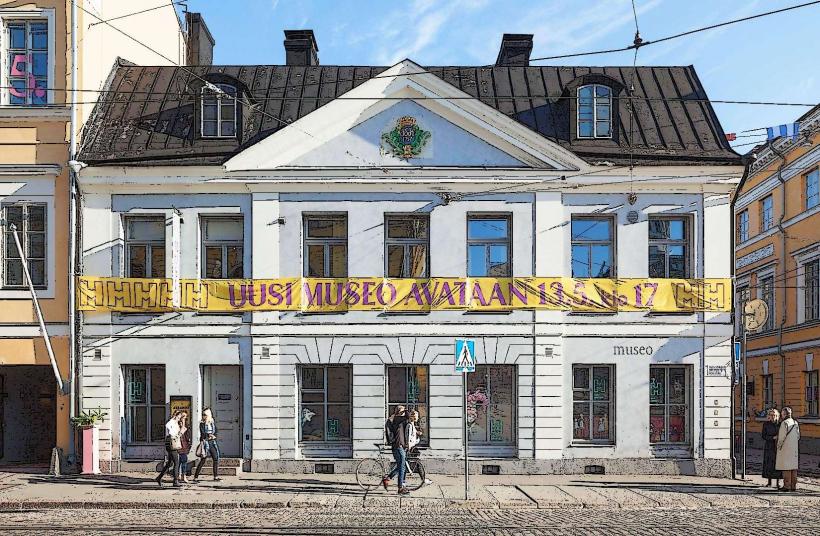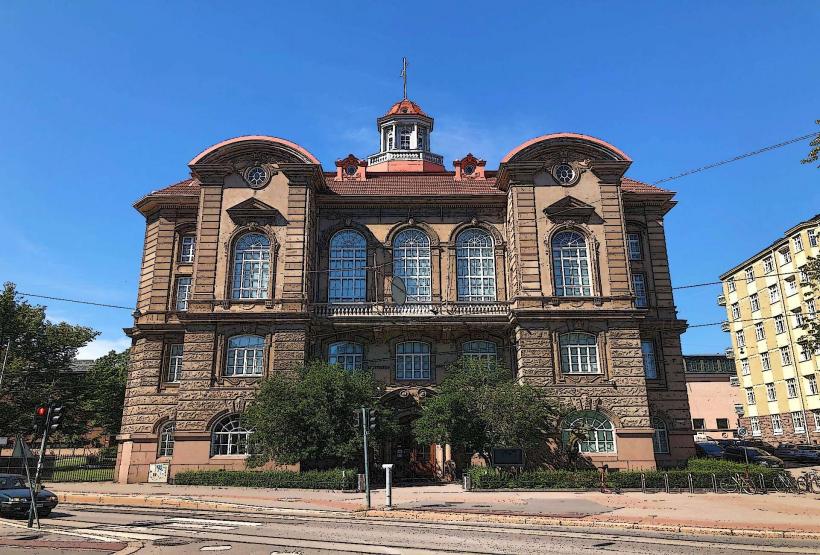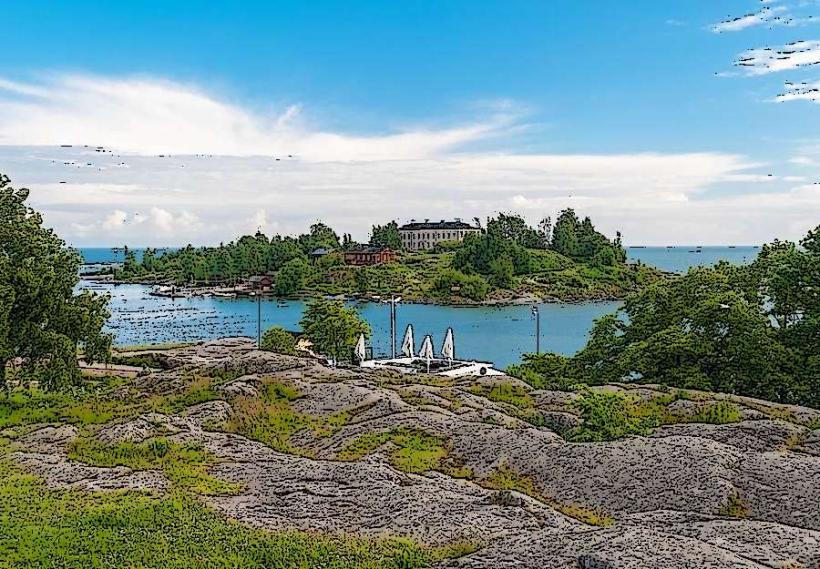Information
Landmark: Senate SquareCity: Helsinki
Country: Finland
Continent: Europe
Senate Square (Senaatintori) is a historical and iconic square located in the heart of Helsinki, Finland. It is one of the city's most significant landmarks, known for its neoclassical architecture and its central role in Finland's history. Here are the key details about Senate Square:
Historical and Cultural Significance
Senate Square was designed by the German-born architect Carl Ludvig Engel in the early 19th century. The square was laid out as part of the larger urban planning for Helsinki, which was being developed after the city was designated as the capital of the Grand Duchy of Finland in 1812 by Tsar Alexander I of Russia. The square was intended to be the central space around which government buildings, including the Senate and the cathedral, would be arranged. It is thus a symbol of Helsinki’s transformation into the capital of Finland and reflects the influence of Russian rule during that period.
Architectural Design
The neoclassical design of Senate Square is one of the most striking aspects of the area. It is surrounded by several significant buildings that showcase the classical style, which was popular in Europe at the time. These include:
- Helsinki Cathedral: The centerpiece of Senate Square, Helsinki Cathedral (Helsingin tuomiokirkko), stands at the northern end of the square. Its imposing white façade, grand dome, and classical columns make it the most dominant feature of the square.
- The Government Palace (Valtioneuvoston linna): Located on the eastern side of the square, this building houses the offices of the Finnish government. It was originally constructed as the headquarters of the Russian Senate and retains much of its neoclassical style.
- The University of Helsinki Main Building: On the southern side of the square, this building is part of the university campus and features grand columns and classical architecture. The university was founded in 1640, and its main building reflects the educational and intellectual heritage of Finland.
- Sederholm House: Situated on the western side of the square, this building is one of the oldest in the area and adds to the historical charm of the square.
The Statue of Emperor Alexander II
One of the most notable features of Senate Square is the statue of Tsar Alexander II, which stands in the center of the square in front of Helsinki Cathedral. This statue was erected in 1894 in honor of Alexander II, who was seen as a benefactor of Finland. He introduced several reforms that helped to give Finland greater autonomy within the Russian Empire, and the statue is a symbol of the positive relationship between the Finnish people and the tsar.
The statue is surrounded by a small park with benches, making it a popular place for both tourists and locals to gather. The statue itself is made of bronze and stands on a pedestal adorned with reliefs depicting scenes from Alexander II’s reign.
Role in Finnish Society
Senate Square has played an important role in Finland’s social and political life. It has been the site of numerous historic events, including protests, celebrations, and ceremonies. It is particularly well-known for hosting Finland’s Independence Day celebrations, where the statue of Alexander II stands as a reminder of Finland's historical ties to Russia, while also symbolizing the country’s eventual independence in 1917.
The square is also frequently used for public events, such as concerts, Christmas markets, and other cultural activities. Its central location in Helsinki makes it a key gathering spot for both locals and visitors.
Tourist Attraction and Visitor Experience
Senate Square is one of the most visited locations in Helsinki, attracting tourists from around the world who come to admire its architectural beauty and historical significance. The square offers stunning views of the surrounding buildings, particularly Helsinki Cathedral, which is visible from various points in the city. Visitors can enjoy the grandeur of the neoclassical buildings, explore nearby museums and shops, or relax in the square’s open space.
The square is easily accessible by foot and is located within walking distance of several other important Helsinki landmarks, including the market square, the National Museum of Finland, and the Esplanade Park. Its central location makes it an ideal starting point for exploring the city.
Conclusion
Senate Square is a symbol of Helsinki’s rich history and architectural elegance. With its neoclassical buildings, the iconic Helsinki Cathedral, and the statue of Emperor Alexander II, the square serves as a focal point for both Finnish national identity and the cultural heritage of the city. Its historical significance, architectural beauty, and role as a gathering place make it a key landmark in Helsinki and one of the most recognized public spaces in Finland.

